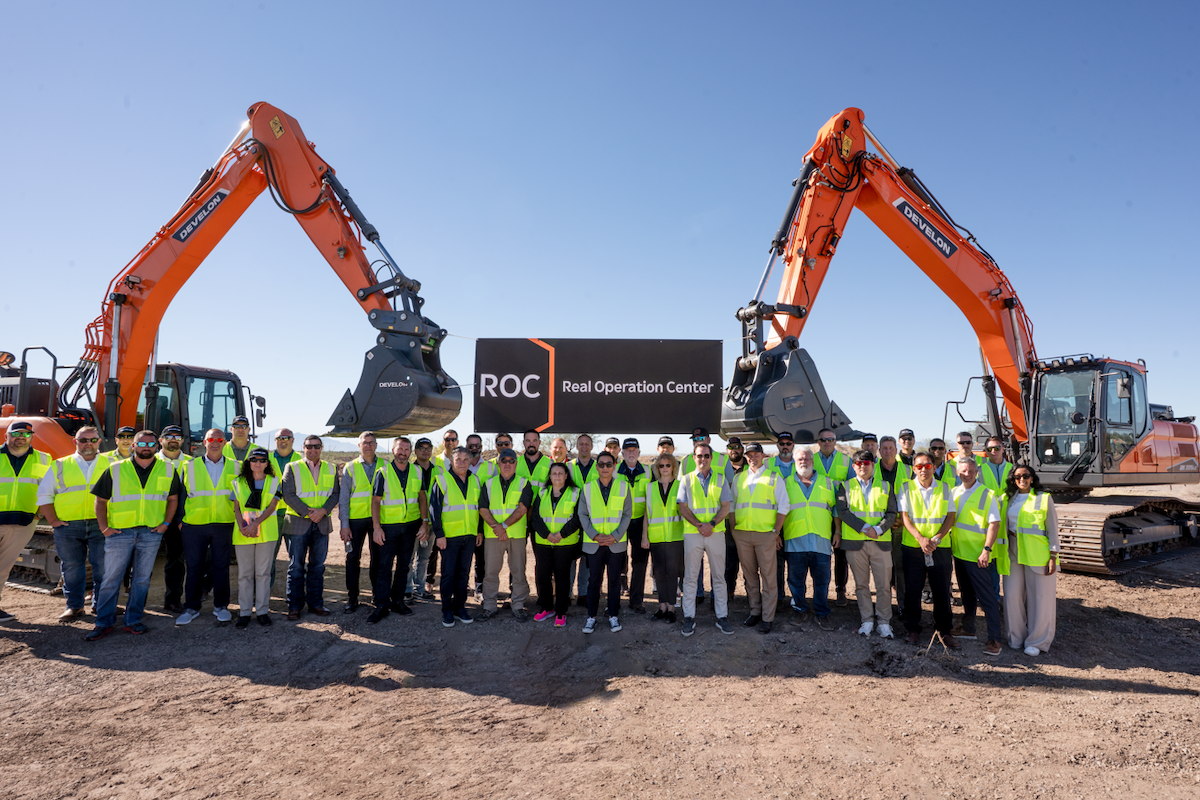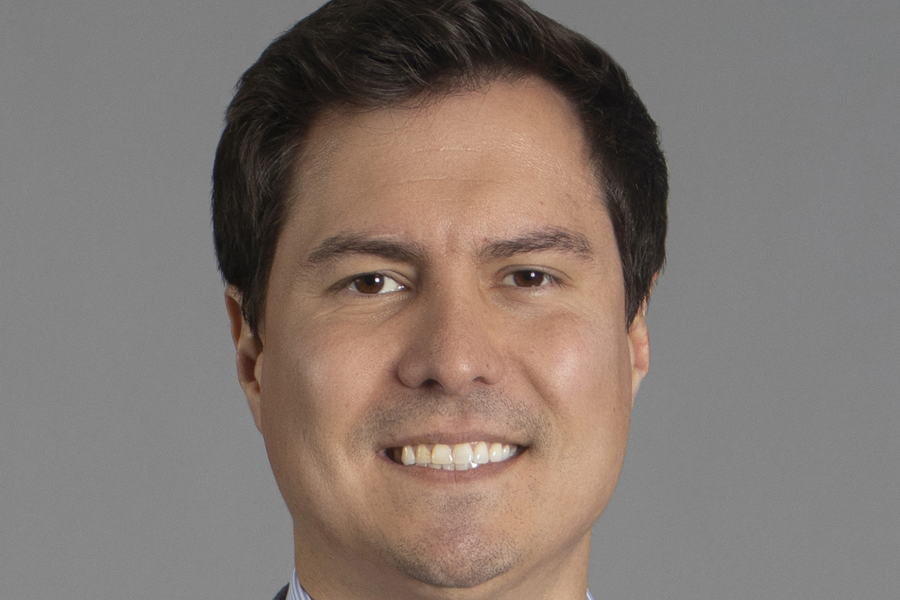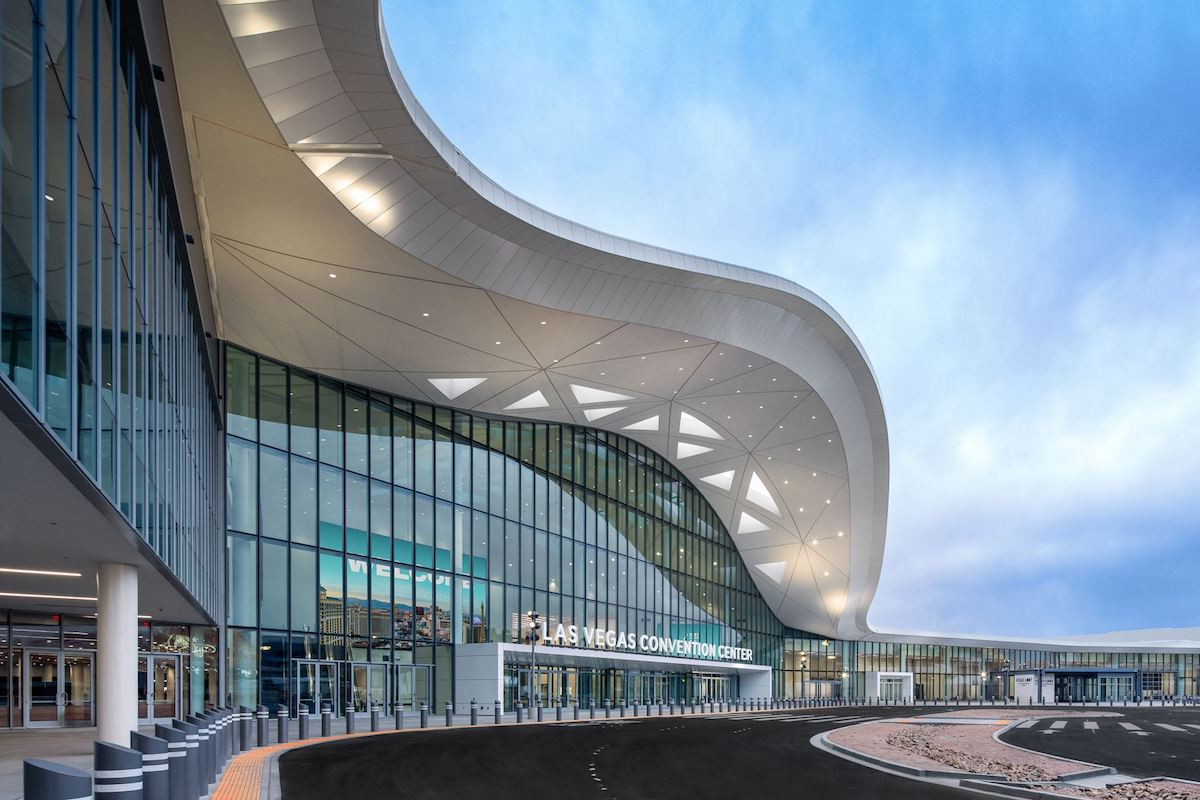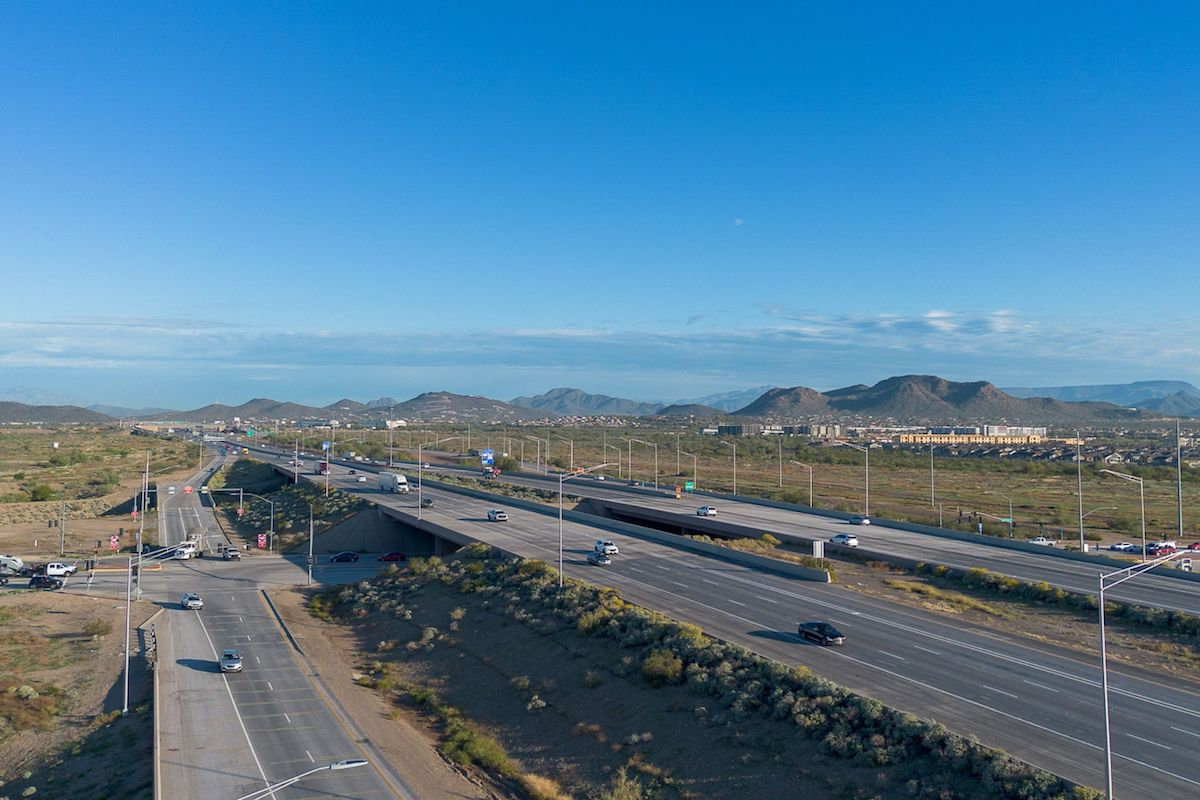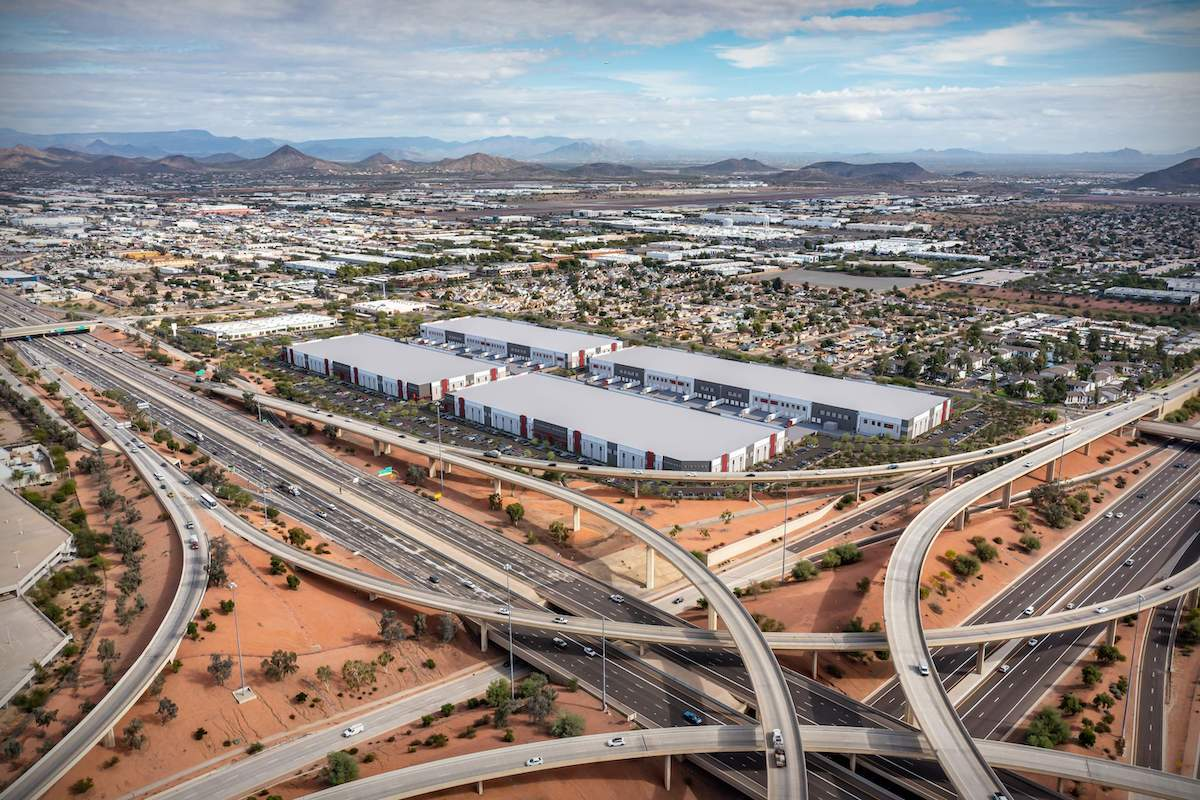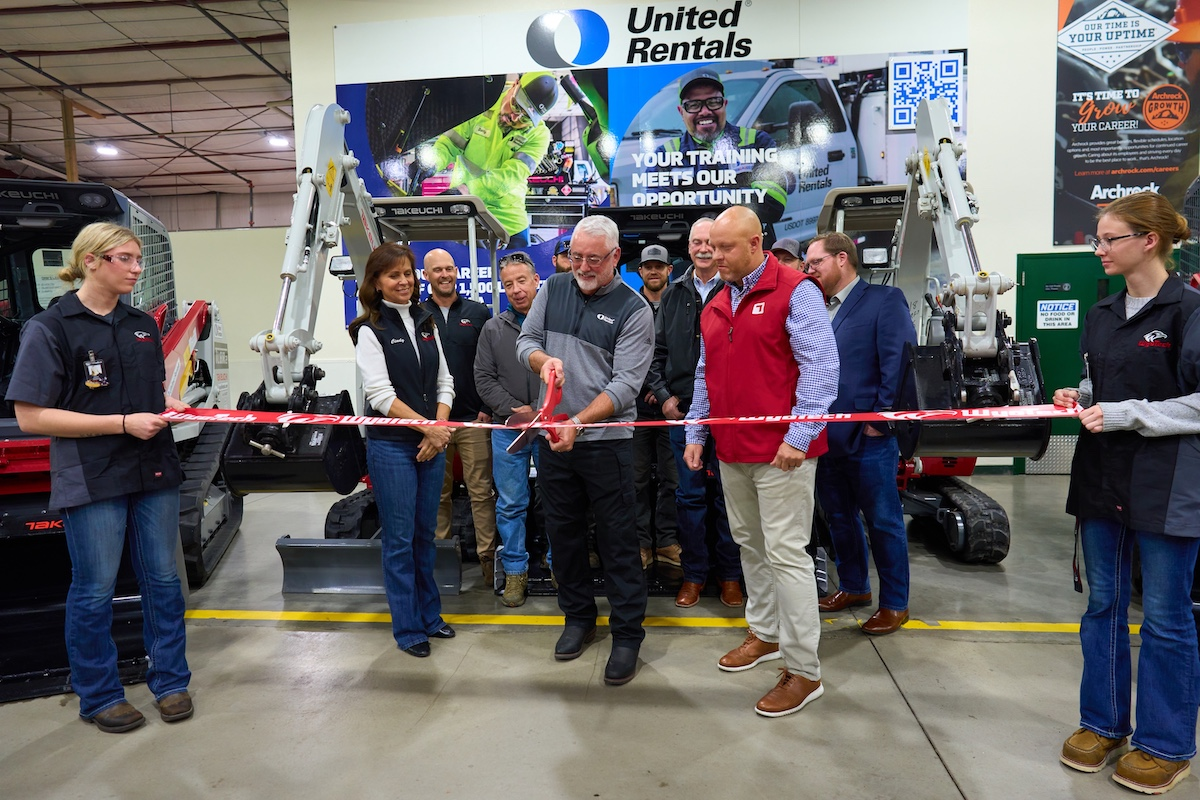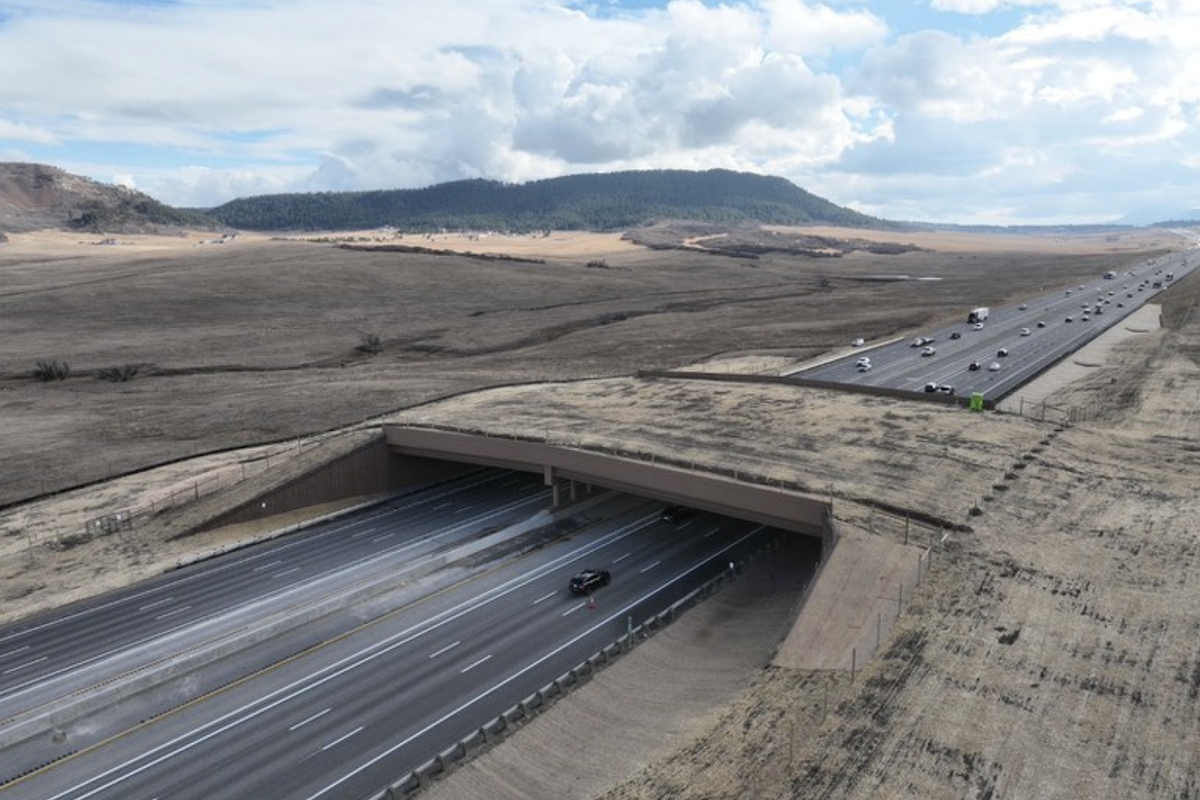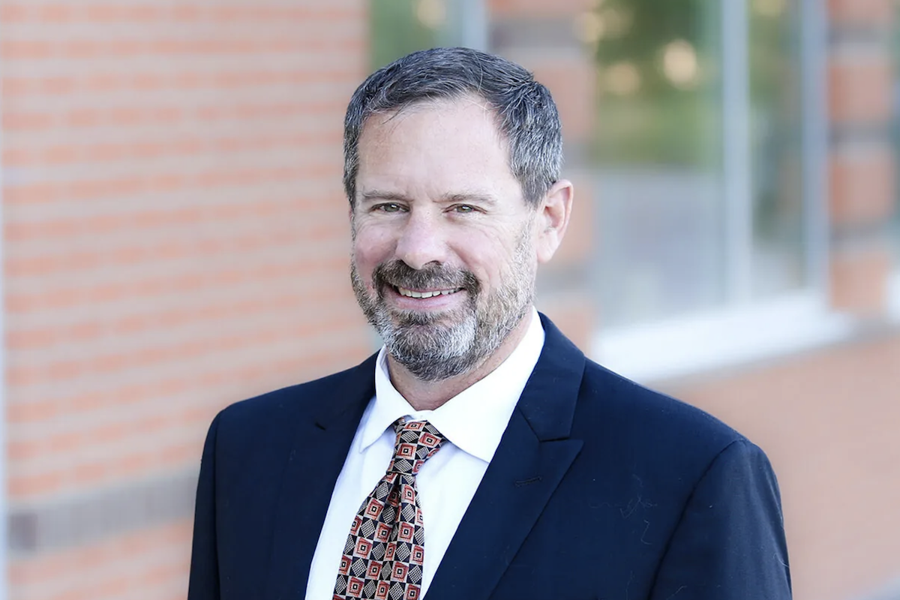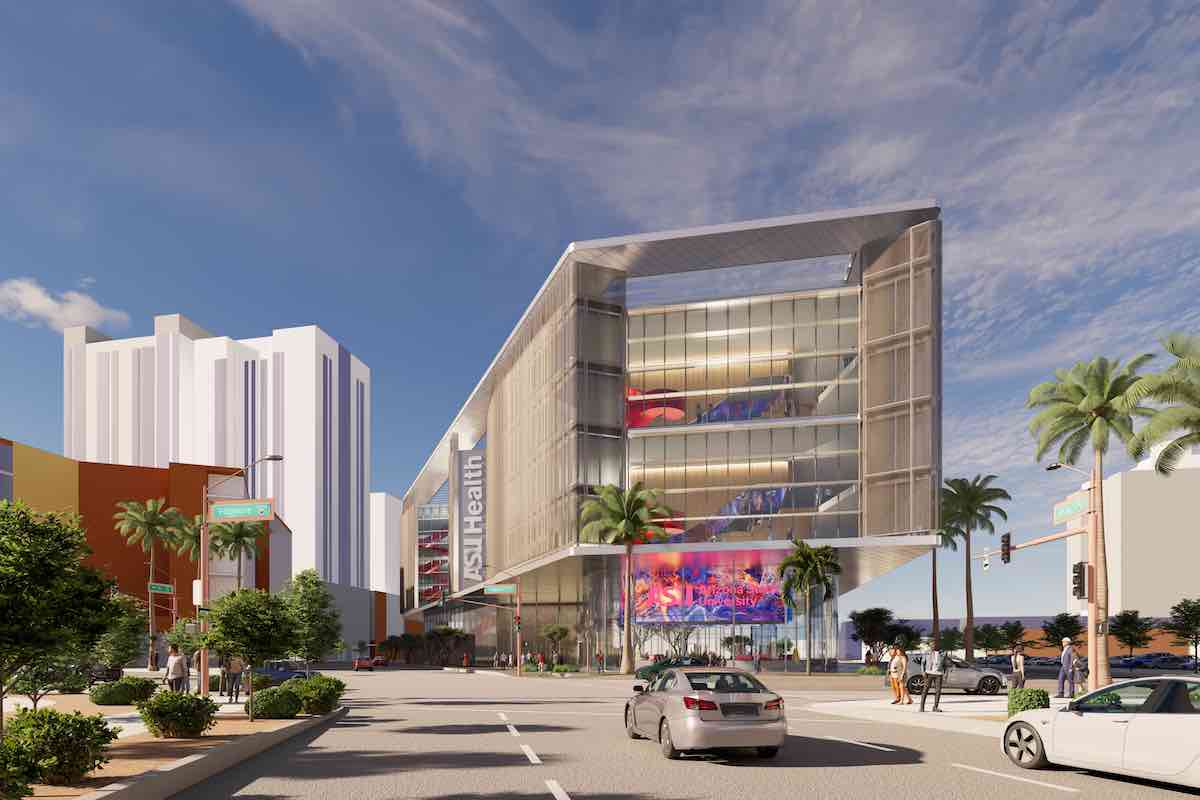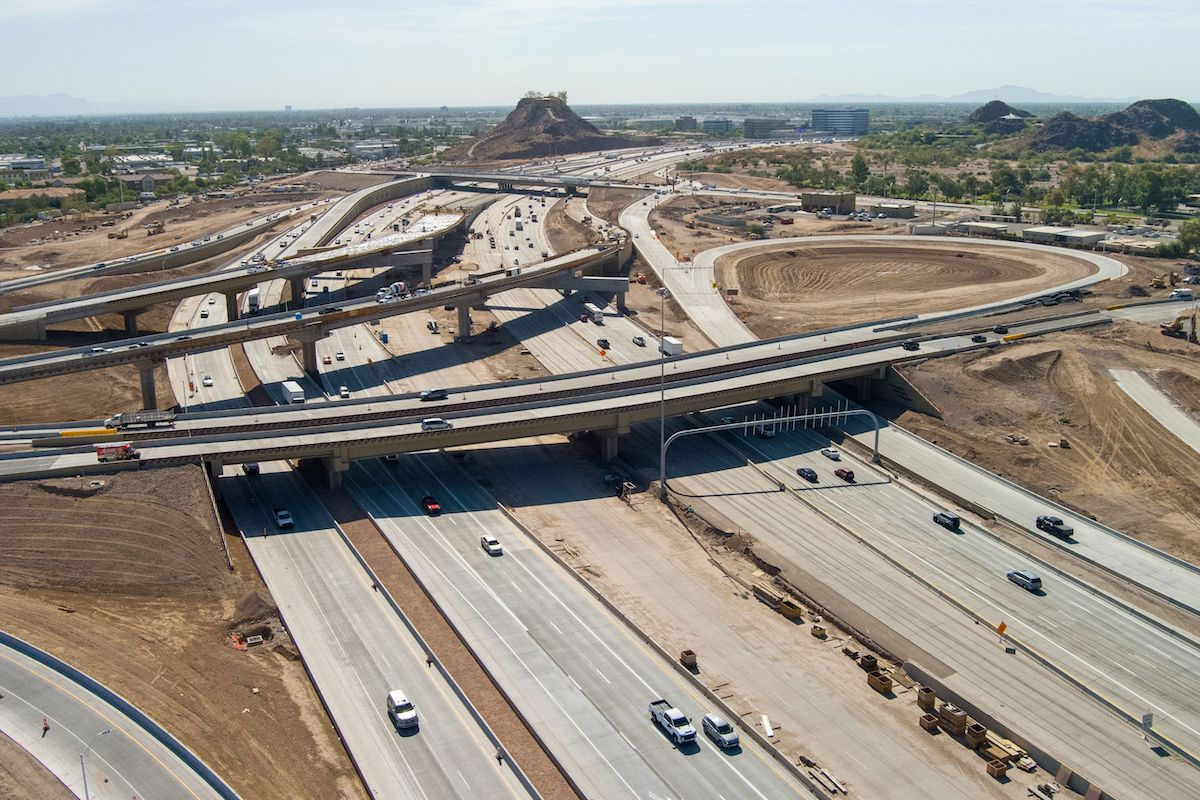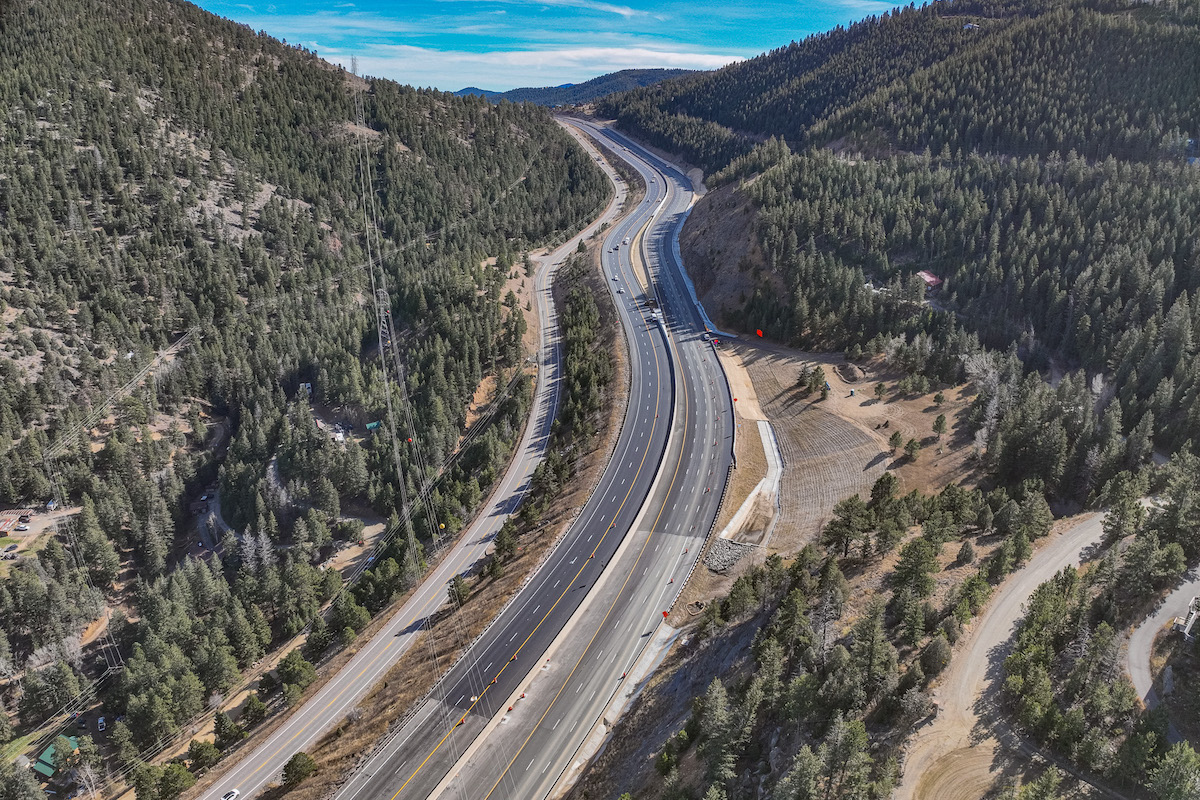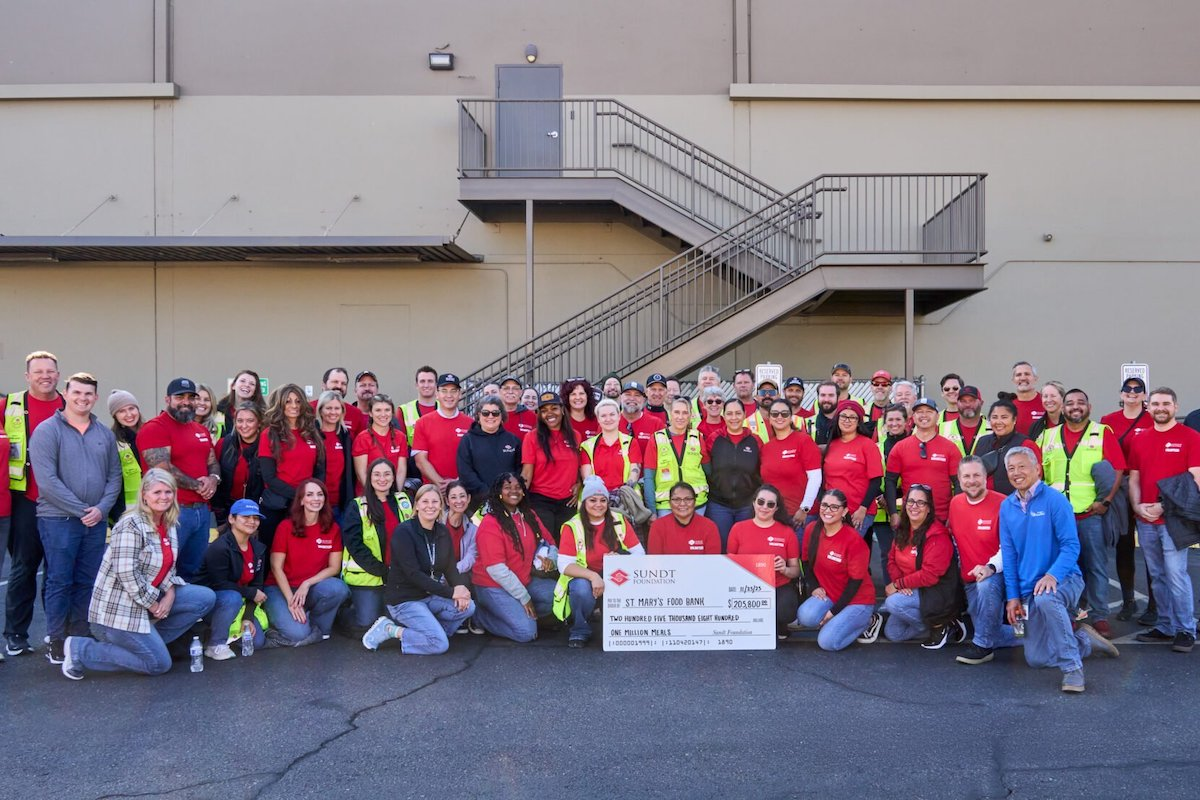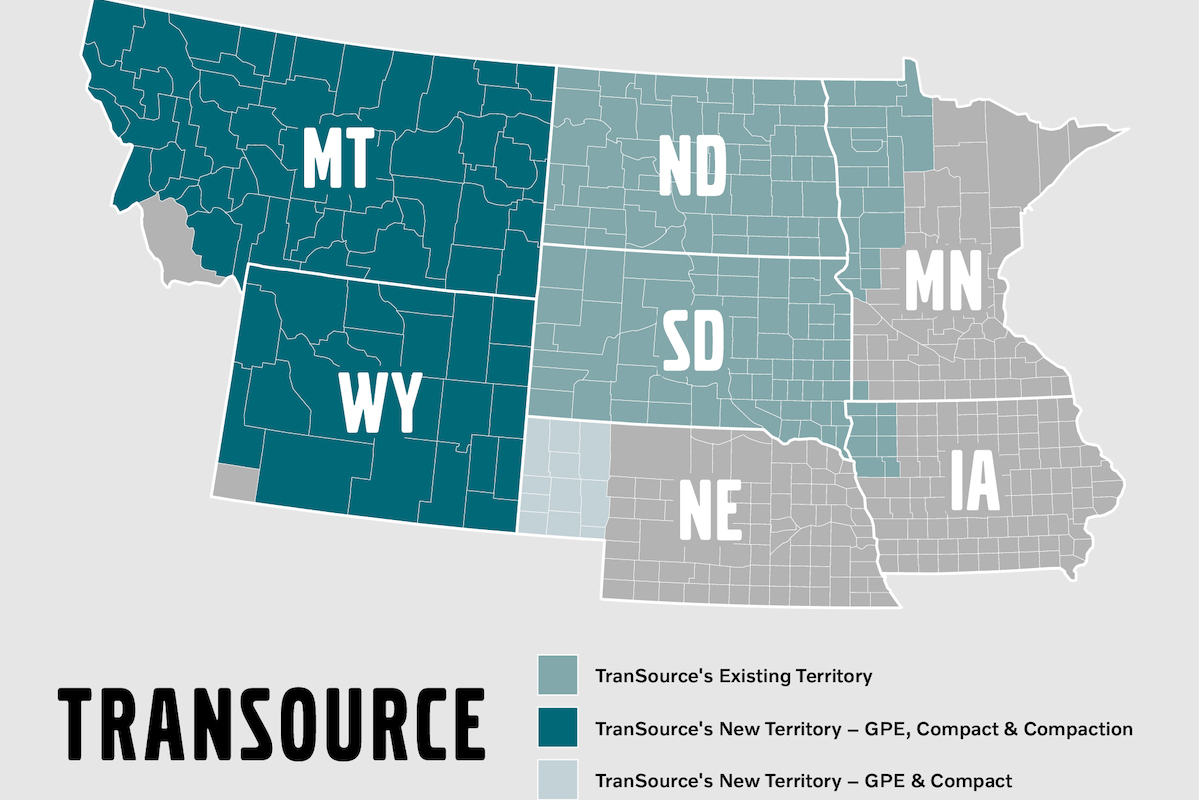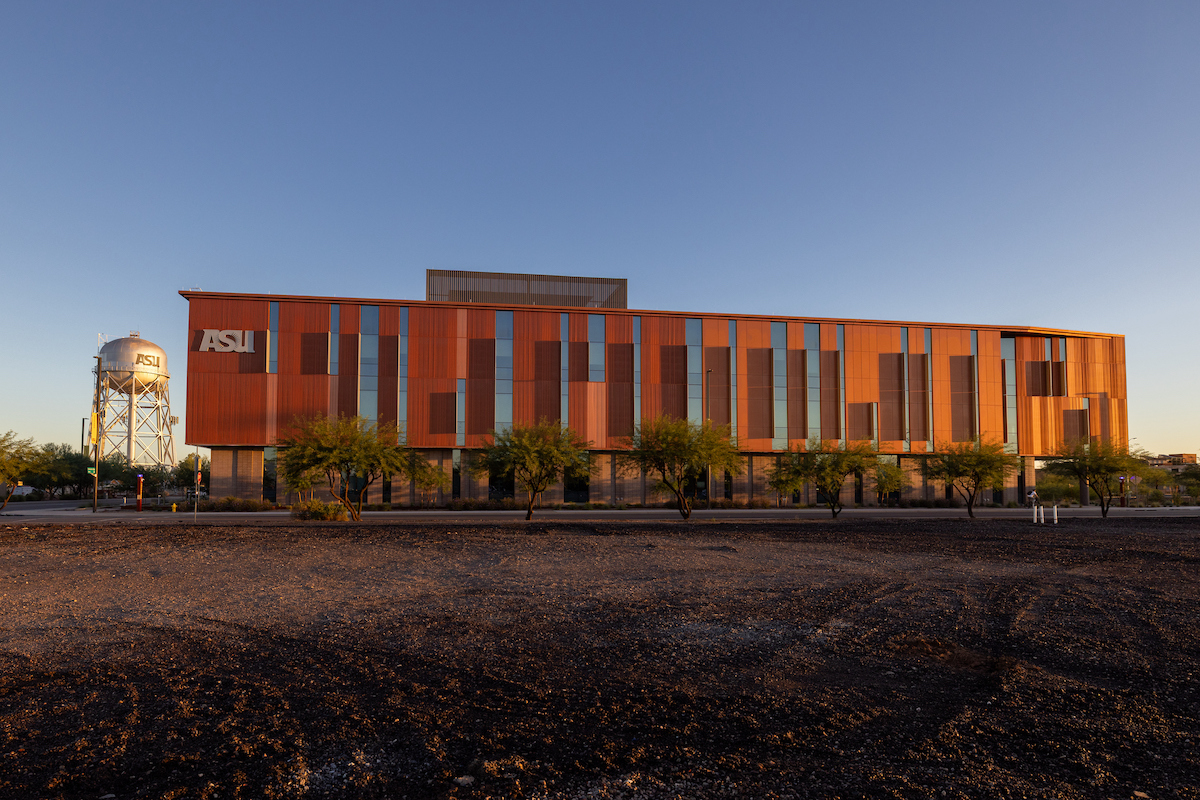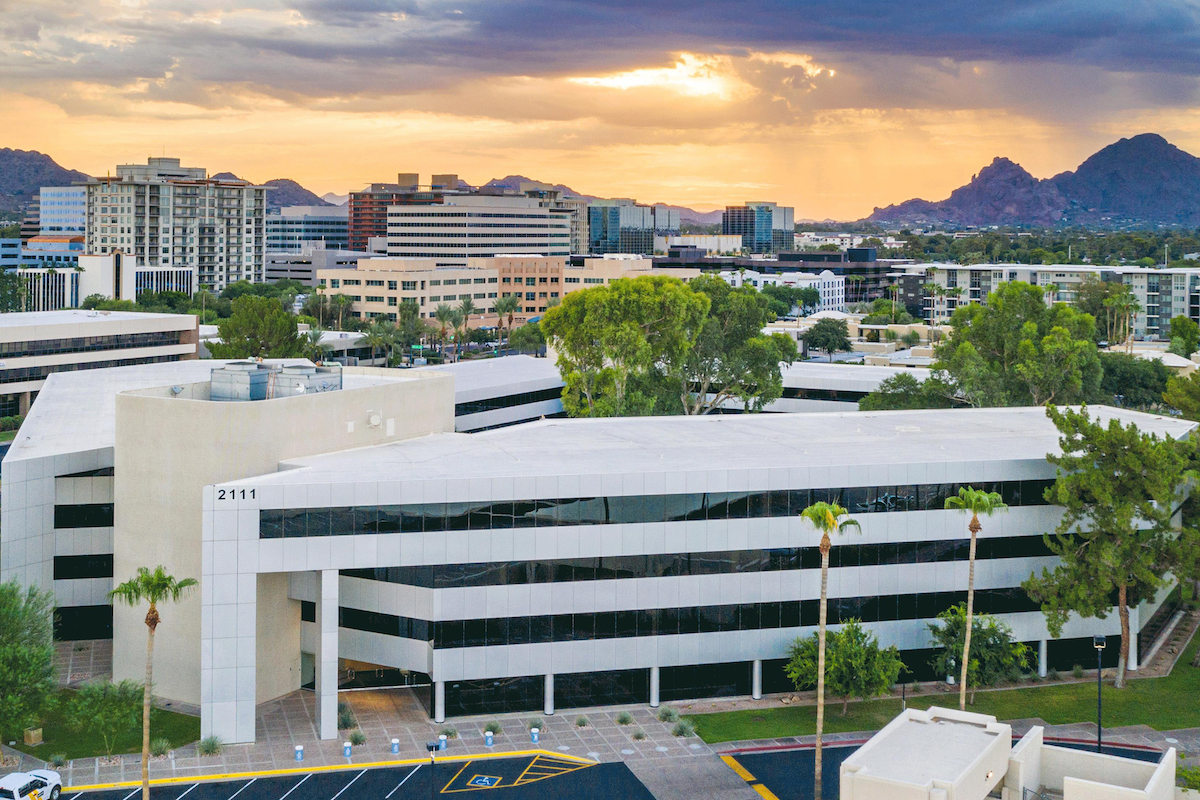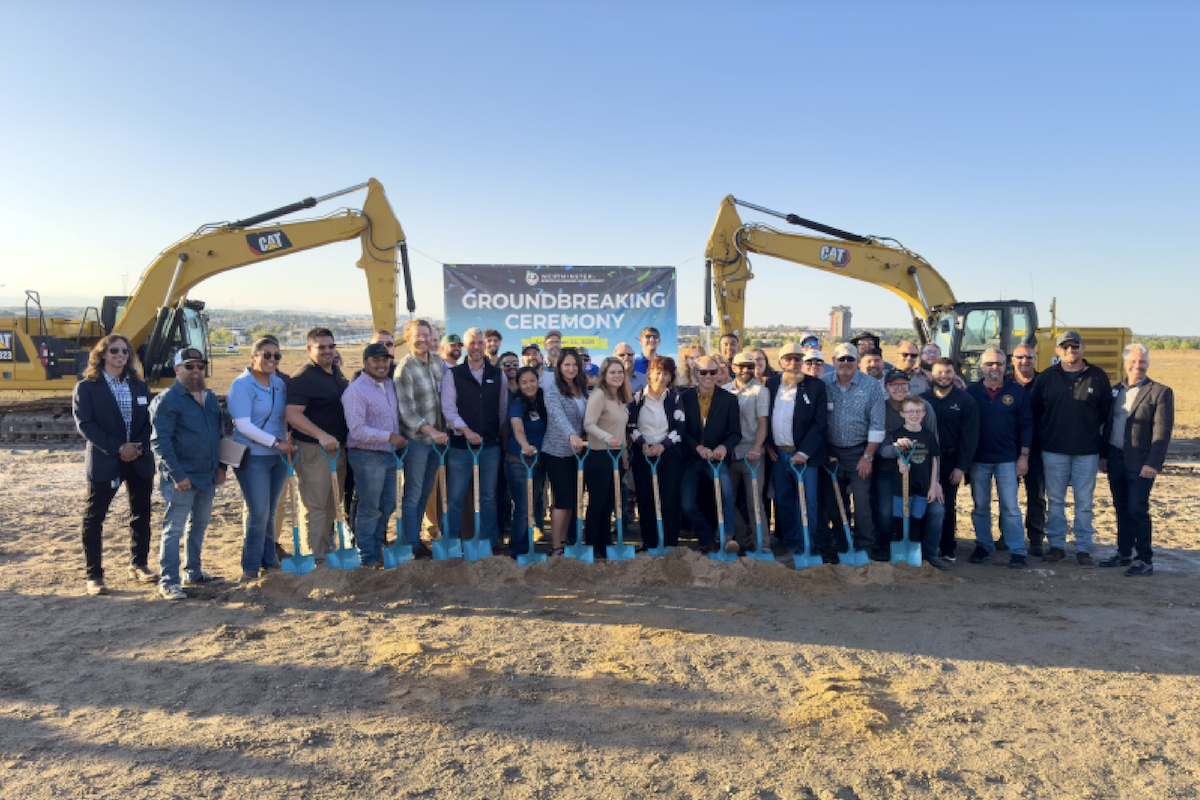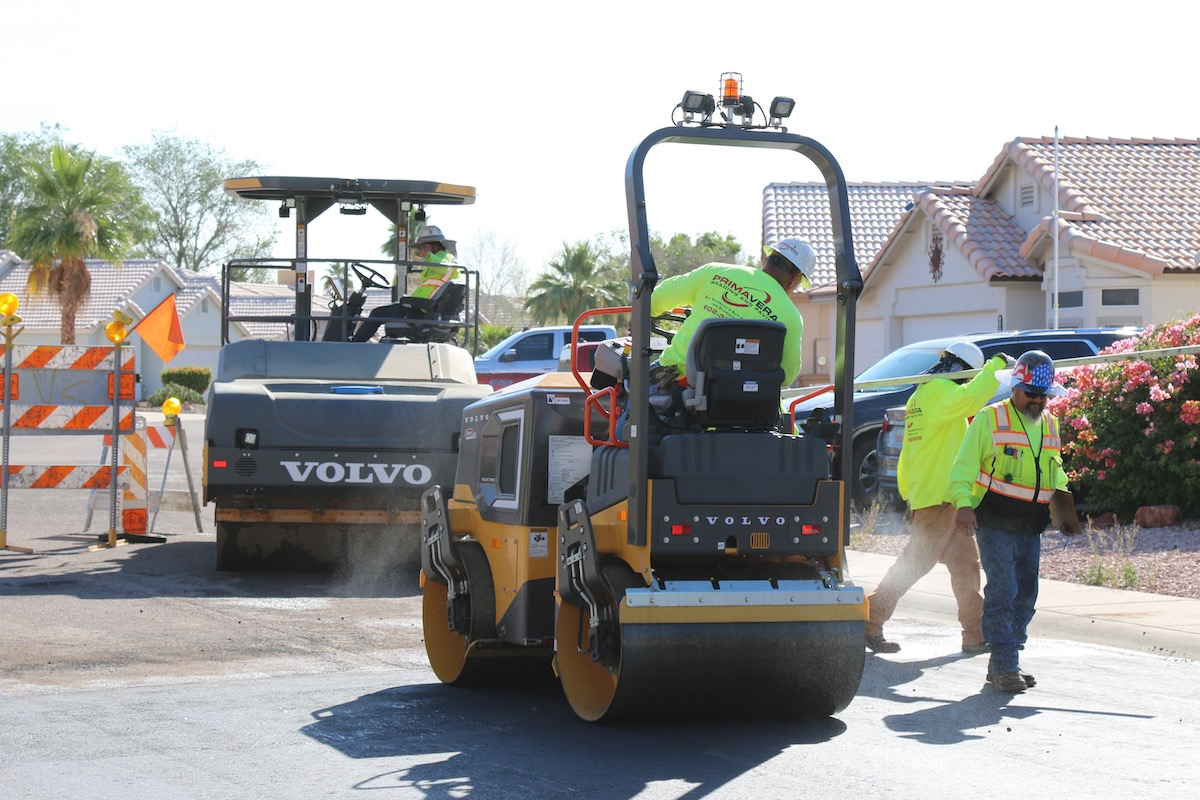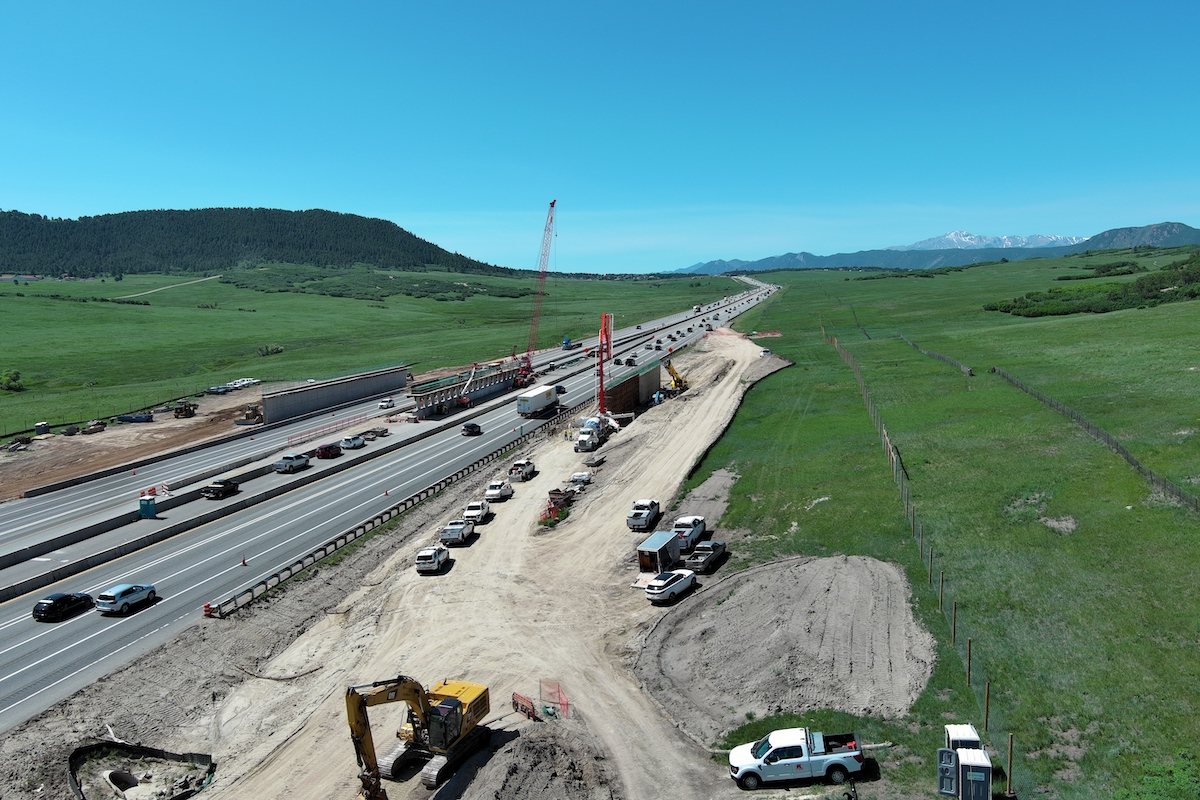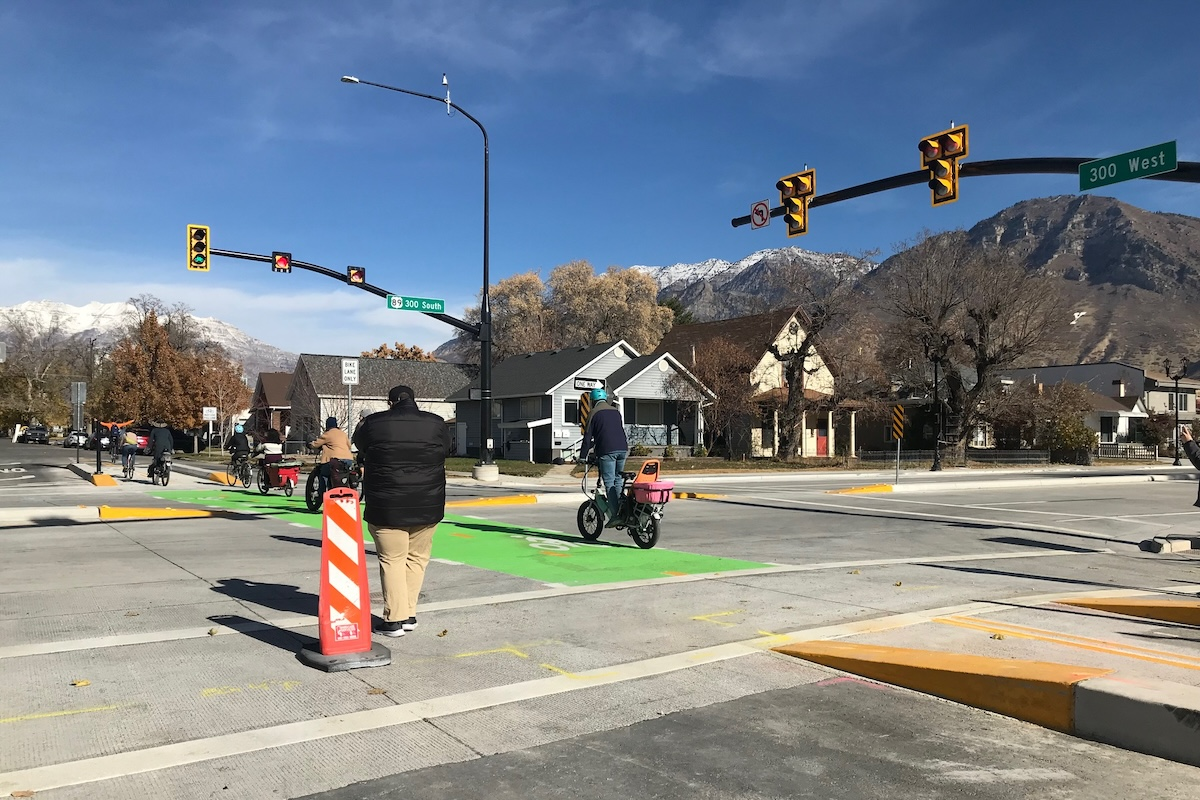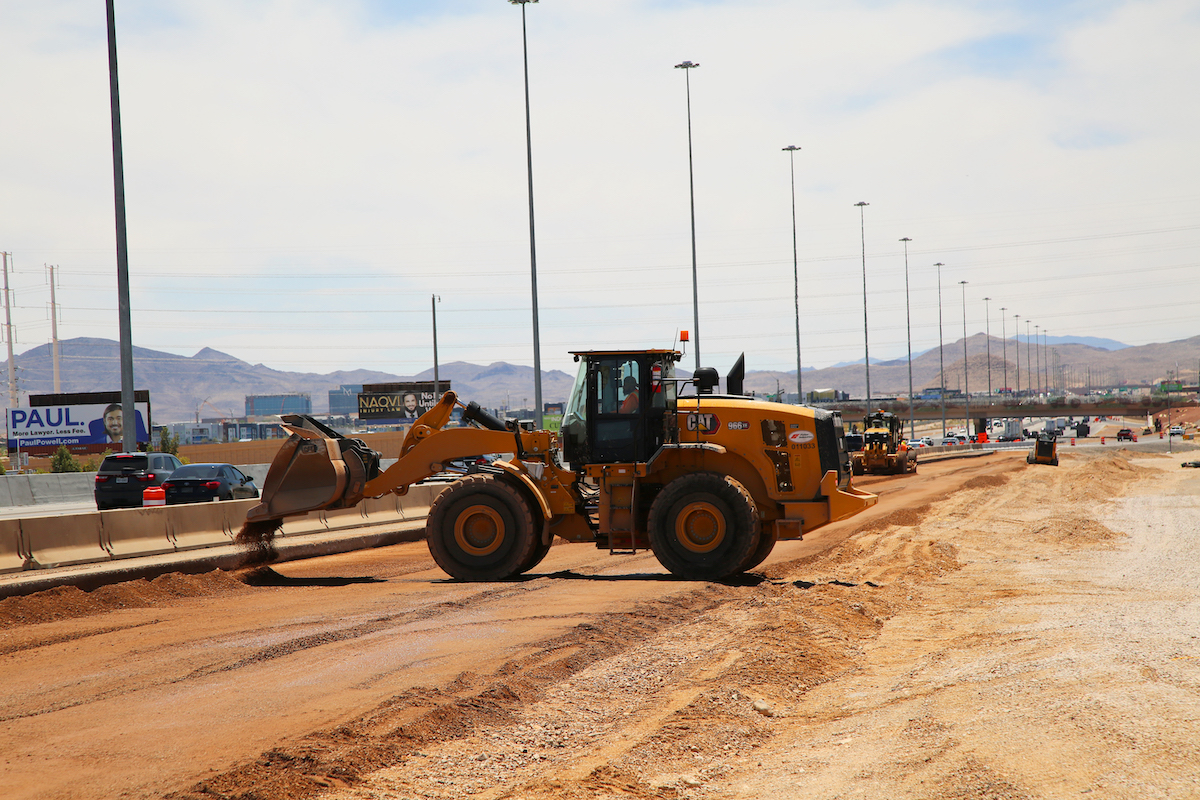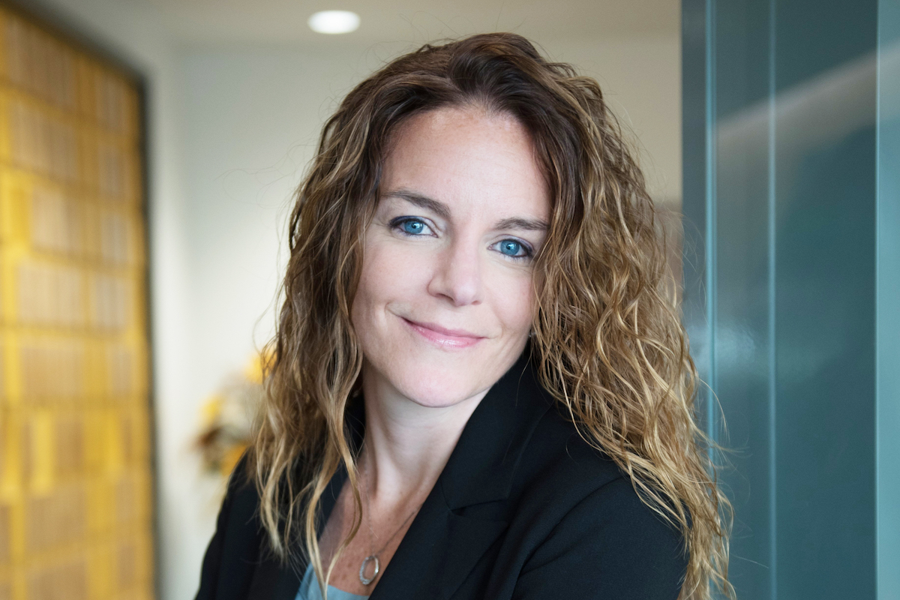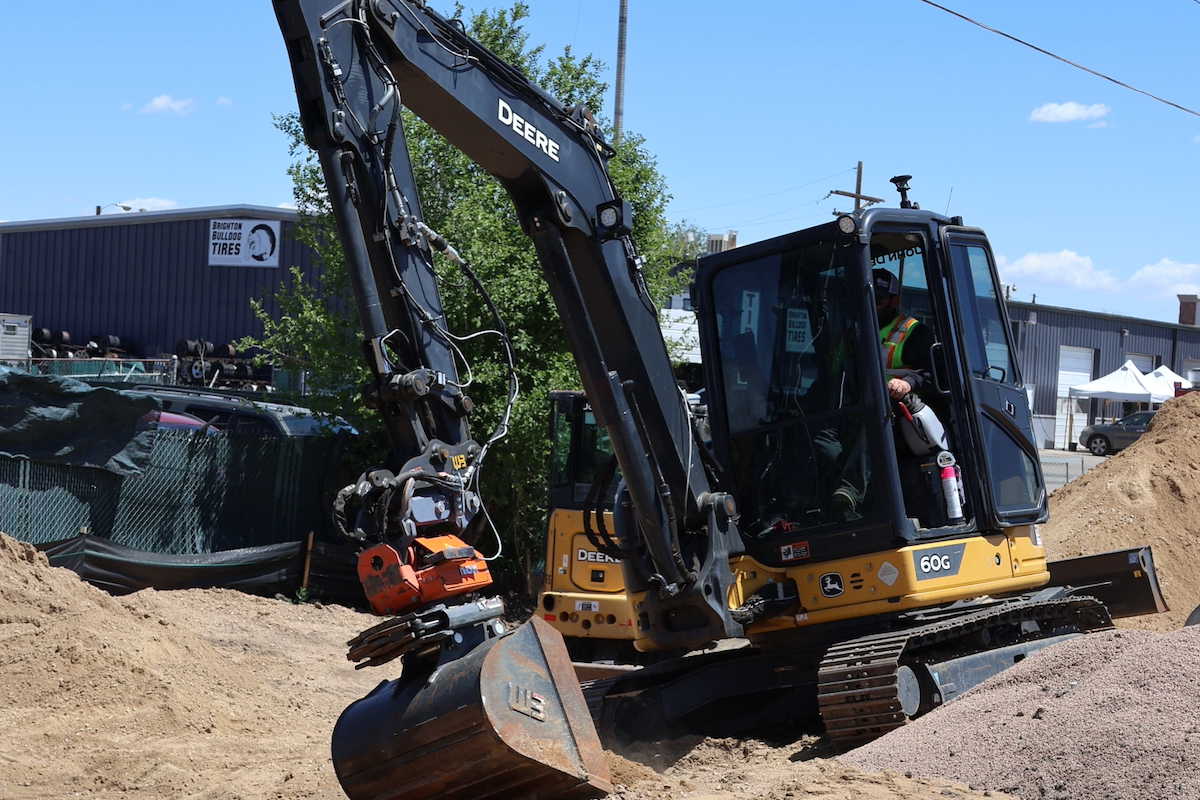Rather than recreate the viaduct, four local partner agencies and FHWA have together improved the area. WSDOT built a tunnel below ground and paired it with a surface street. The new SR 99 tunnel is designed to withstand a Cascadian subduction zone earthquake that reaches nine on the Richter scale.
The tunnel was one of about 30 projects that make up the Alaskan Way Viaduct Replacement Program. The program has been led by the WSDOT, King County, the City of Seattle and the Port of Seattle. The Federal Highway Administration is a partner in the effort. The City of Seattle has been responsible for reconstruction of the Elliot Bay Seawall, relocation of major utilities, and will construct a new public open space along Seattle’s Central Waterfront.
The South Access - Surface Street Connections Project is the final WSDOT-contracted project. The last project associated with the Alaskan Way Viaduct Replacement Program, the new Alaskan Way surface street, is being led by the City of Seattle and is expected to be complete in 2025.
Specifically, the project involves building new pedestrian and bicycle amenities that will connect Seattle’s stadiums with the waterfront. Streets are being realigned, portions of streets are being paved, and a new east-west street is being constructed. A new equipment parking garage is being added to the nearby SR 99 tunnel’s operations building to house the tunnel maintenance equipment. Trails are being added, and landscaping features are being installed.

| Your local Volvo Construction Equipment dealer |
|---|
| Faris Machinery |
Lastly, an outdoor plaza is being built. The plaza will serve as a pedestrian corridor between the stadiums and the waterfront. As part of building the plaza, the design team incorporated elements such as metal banding in the shape of railroad tracks, which harkens back to the railroads which once ran through the area.
The soils in the area have also presented the team with a challenge. The area’s industrial past has left the soils contaminated. Ten 39-inch diameter shafts were drilled to support the tunnel operations garage. Because this part of Seattle was built on fill, the team had to dig down 80 feet to find soil that could support the piles. In all, about 3,500 tons of contaminated soil needs to be disposed of from the project site.
This challenge was compounded since there was a four-month strike by the local sand and gravel delivery drivers. No concrete was delivered, which caused significant impacts to the schedule.
“We worked with the city and our contractor on resequencing the work to focus on project elements that did not depend on concrete,” says Nicholas Mirra, a WSDOT Communicator working on the project.
The final challenge is conducting the project in the shadow of two active sports stadiums – Lumen Field (previously named CenturyLink Field), and T-Mobile Park. The only thing separating the construction site from Lumen Field is a small two-lane street or 100 feet.

| Your local Bobcat dealer |
|---|
| Ditch Witch West |
| Faris Machinery |
“We schedule our work activities to minimize impact during events, particularly during large attendance events like Sounders or Seahawks games,” Monken says. “The contractor temporarily adjusts their work zone to allow for pick-up and drop-off during large events.”
In addition, SBI adjusted project sequencing – because of the strike noted above – and mitigated a month of impact to the general public. They did this by temporarily filling a section of un-poured street with asphalt until they could take delivery of concrete.
The project began in July 2021 and was scheduled to be complete in December 2022. However, due to the strike, the team is anticipating a spring 2023 completion date.
The engineer's estimate for the project was around $19 million. However, the winning bid was just under $25 million. Mirra says, “Pandemic-related cost increases were the largest factor in that increase and remain a major driver of cost and schedule challenges that all construction projects in the region are continuing to face.”
The project is funded entirely by State funds, although it is part of the larger Alaskan Way Viaduct Replacement Program, which received funding from state, federal, and local sources.

| Your local Gomaco dealer |
|---|
| Faris Machinery |
Upon completion of the project, Seattle will be one step closer to a new downtown and waterfront area that was brought on due to Nisqually Earthquake. Those who traverse the area for the waterfront or stadium activities will be able to get around easily and enjoy more gathering spots.




















